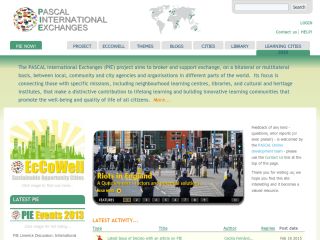The role of University Community Partnerships in research on economic insecurity and wellbeing
We have focused our work on the key policy area of what have come to be known as ‘Ordinary Working Families’ or the ‘Just About Managing’. Whatever the preferred term, the challenges facing people on low to medium incomes have remained high on the political agenda in recent years.
The debate is not simply about the level of household income. Iencompasses practical matters around access to housing and good jobs as well as the physical and mental health impacts of insecurity. Although the terminology used by commentators, researchers and politicians may vary, the core issues appear similar. However, there is little dialogue with communities themselves on the lived experience of economic insecurity and on what initiatives might help to reduce vulnerability to economic shocks.
In this session we will look at the background to the debate on Ordinary Working Families and watch a short film commissioned by Nottingham Civic Exchange which listens to one single working parent talk about her experiences of insecurity, wellbeing and resilience.
To watch the film, see our website:
https://www.ntu.ac.uk/about-us/nottingham-civic-exchange/good-work-...
David Wolff (Director) - Community University Partnership Programme, University of Brighton
The prototype of university partnerships, CUPP has been in operation since 2003, helping to fund a wide range and huge volume of partnership projects, enabling academics and students to work together with local communities for mutual benefit. The Director of CUPP, David Wolff, will give a short introductory talk on how the CUPP model works and the current programmes they are working on.
Dr Paula Black (Director) - Nottingham Civic Exchange, Nottingham Trent University
Nottingham Civic Exchange is a university think tank which has been established by Nottingham Trent University to maximise research, policy and practical impact by bringing together university expertise with partners seeking to address the needs of local communities. This means working with our staff and students to facilitate debate, act as a bridge between research and policy debates, and develop practical projects on a local, city and regional level.
 Printer-friendly version
Printer-friendly version- Login to post comments
- Calendar







